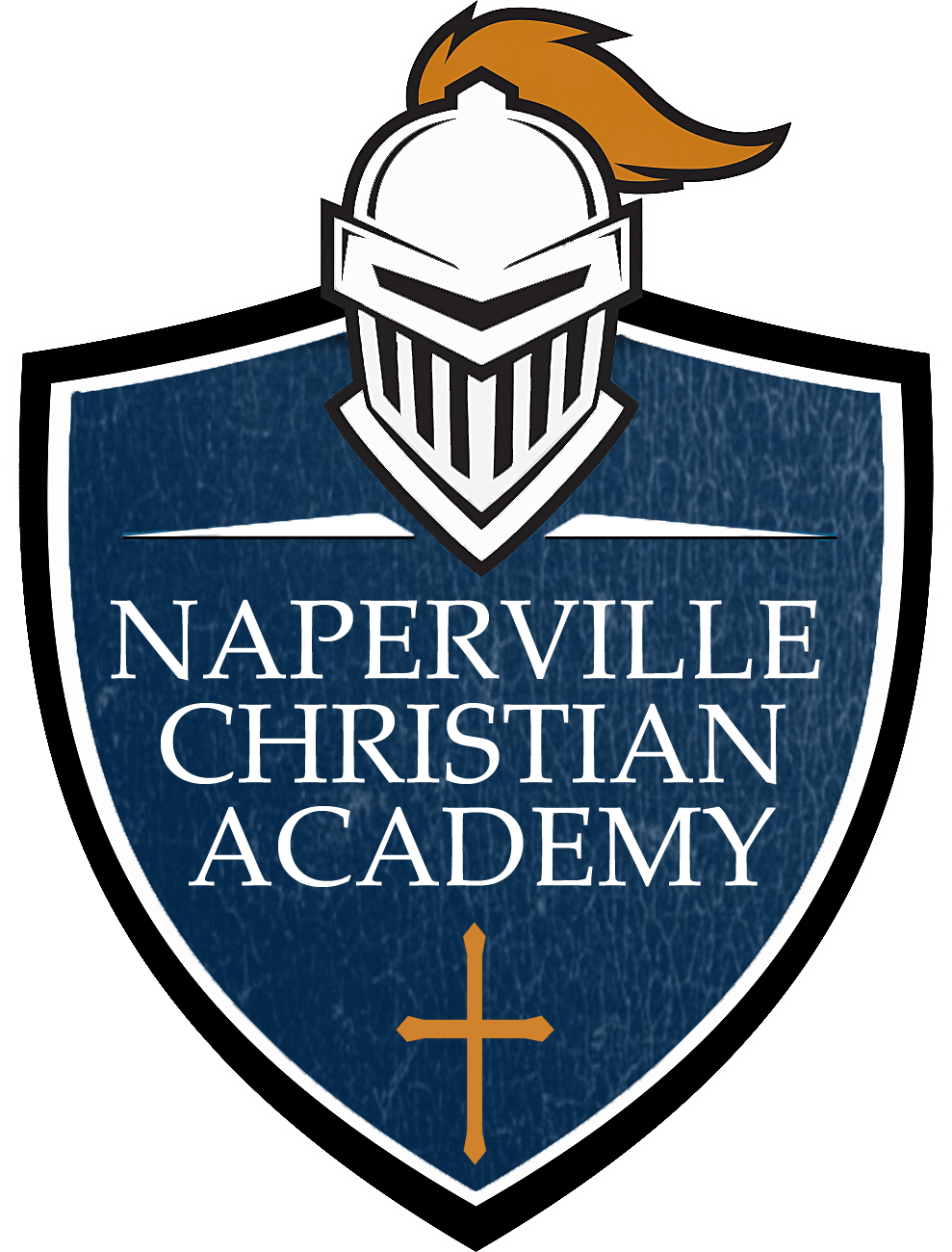Classical Model

The Classical approach to education is based on the model known as the Trivium. The Trivium organizes learning around the maturing capacity of a child’s mind and comprises three stages: the elementary school Grammar Stage, in which the student acquires the building blocks of information; the middle school Logic Stage, in which the student begins to think more analytically and form logical arguments; and the high school Rhetoric Stage, in which the student learns to write and speak with excellence and originality. A summary of the Trivium is shown below:
Trivium Stage |
Biblical Equivalent |
Grades |
Primary Goals |
|---|---|---|---|
| Grammar | Knowledge | K – 5 | Information Acquisition Knowledge Mastery |
| Logic | Understanding | 6 – 8 | Principle Comprehension Understanding Reason |
| Rhetoric | Wisdom | 9 - 12 | Application Communication Effective Presentation |

Are you considering a classical school for your child? In these short lessons of just 5 to 10 minutes each, Dr. Christopher Perrin and Justin Whitmel Earley invite you to learn more about this educational renewal. ParentU is a free resource of ClassicalU that contains material for parents who want to learn more about this educational tradition.
